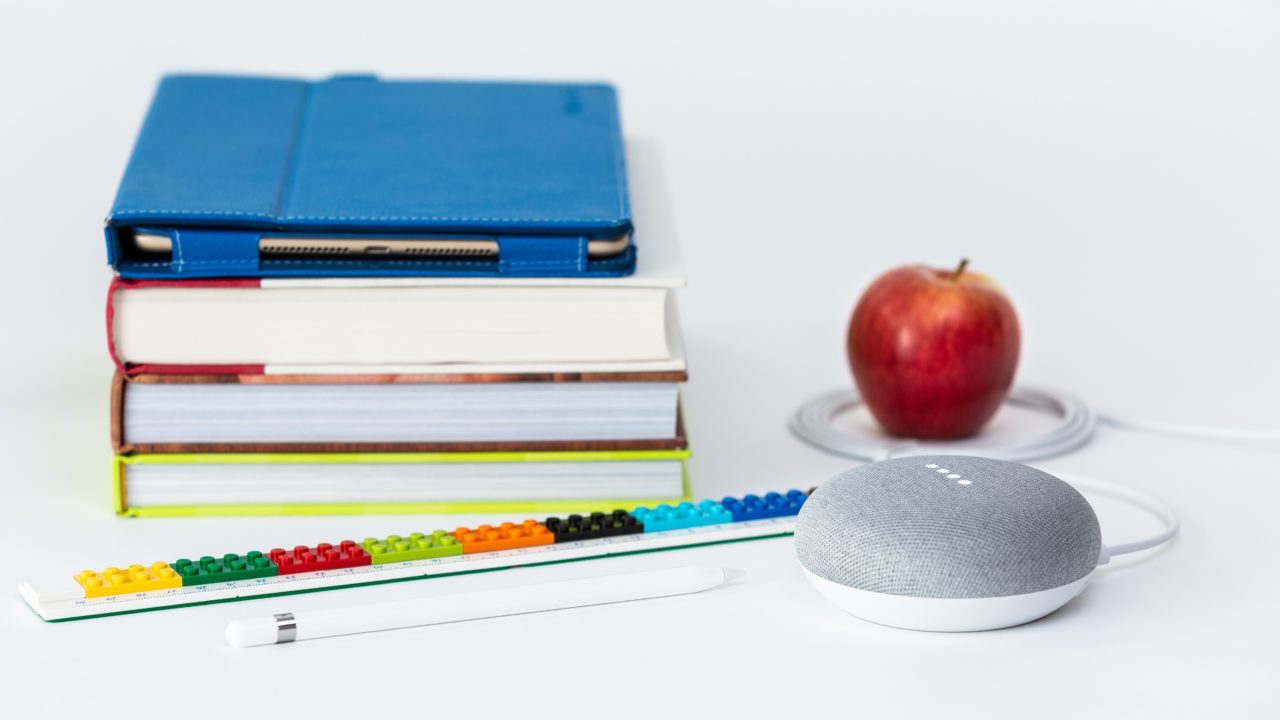Développement de l’acquisition de la langue Française à l’école primaire de l’ISL
Fortnite, Tik Tok, Stampy Cat, Roblox… if you’re looking at this list and wondering what most of them are then you’re not alone. ( Fortnite and Roblox are online multiplayer games, Tik Tok is a social media app where users create and share short videos, and Stampy Cat is a popular Youtuber who makes videos about Minecraft. )
In fact, 2016 research by Common Sense Media found that while 85% of parents believe that monitoring their children’s media use is important for their safety, less than half of parents surveyed regularly talked to their children about the social media and video games they use.
It is difficult to keep up
When parents talk to me about their concerns surrounding their child’s digital lives, a common problem is that it’s just too difficult to keep up with the latest online trends and know exactly what their children are doing in their favourite apps and games. There is a lot of information out there about popular digital media and it can seem like every other day there is a negative story in the news about the dangers of young people using tech. It can be tempting to focus on all the ways in which tech use can go wrong when having conversations about it with your child.
Yet experts agree that talking to children and young people about their online lives in a negative way doesn’t work.
Trying children’s apps and reading reviews first
Ana Homayoun, author of Social Media Wellness, recommends that parents download the apps their children are using and try them out first so that any conversations can come from a more objective place. I would also recommend looking at the reviews on Common Sense Media to better understand the content of the apps and websites your children use. The reviews are in-depth and written by experts, but parents and kids can also submit their own reviews. The Parents’ Ultimate Guides section of the site gives comprehensive information on the most popular digital topics that you’ve likely heard your child talking about lately.
Whilst I’m not suggesting that the only way to connect with your child is to become a Youtuber or expert gamer yourself, if you use the resources mentioned above to better understand your child’s favourite app you may find you are more confident when it comes to talking to them about why and how they use them. And, when they realise that their parent understands the digital media that they love, children and young people are more likely to be open about it. This means that if something should go wrong they know they can talk to you without fear of negative consequences for them.
For more resources to help stay informed, please visit this Padlet.







